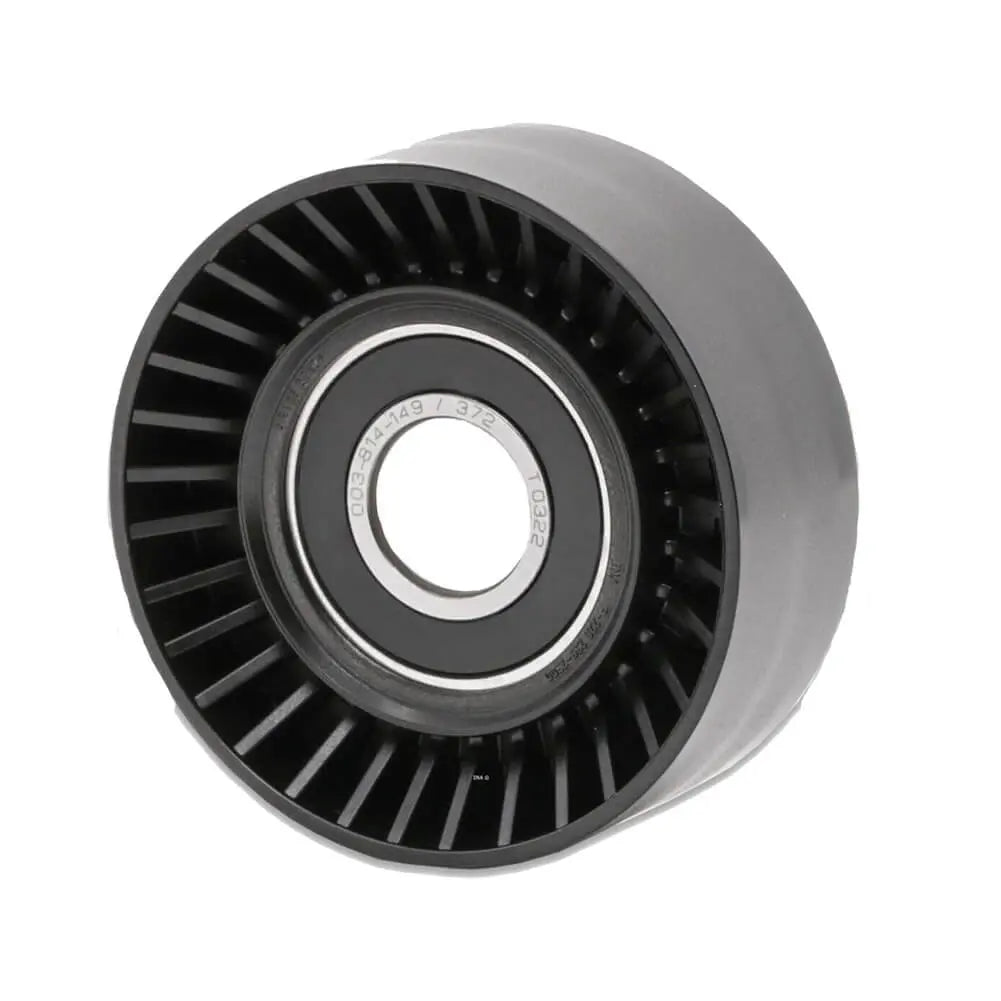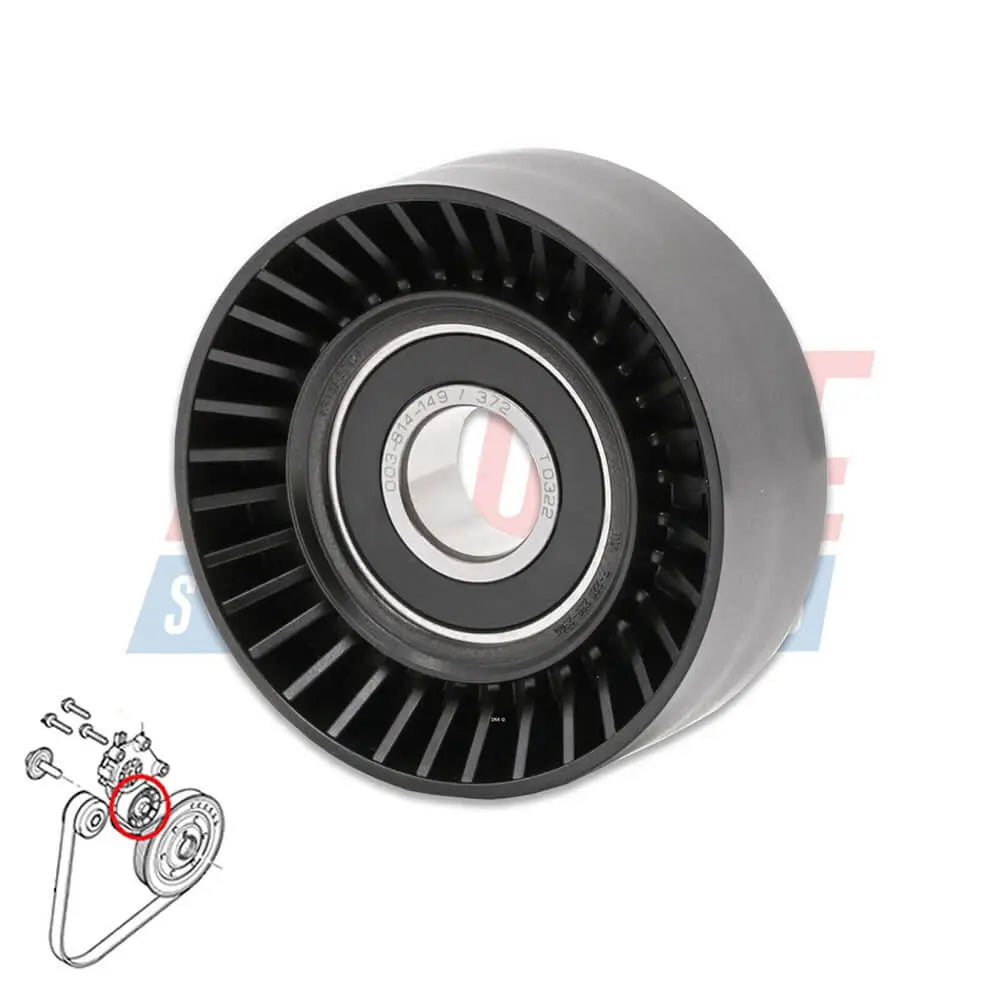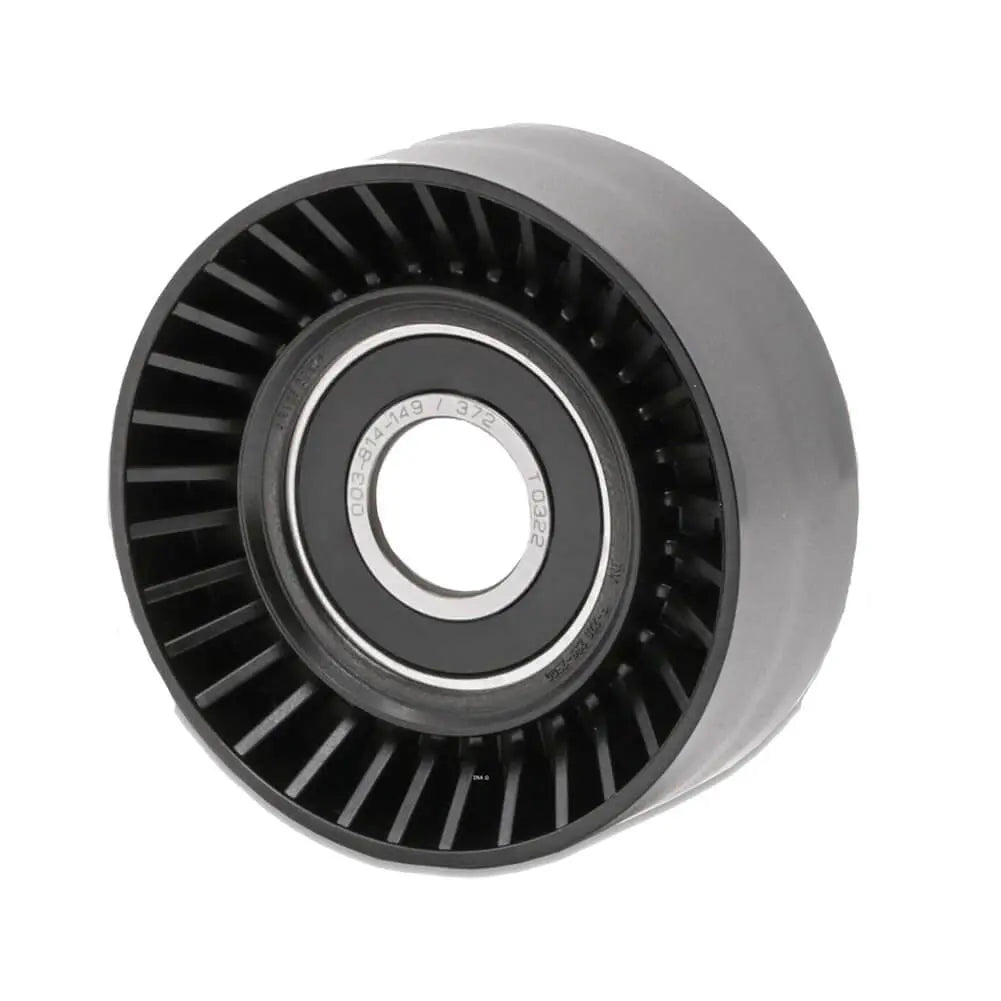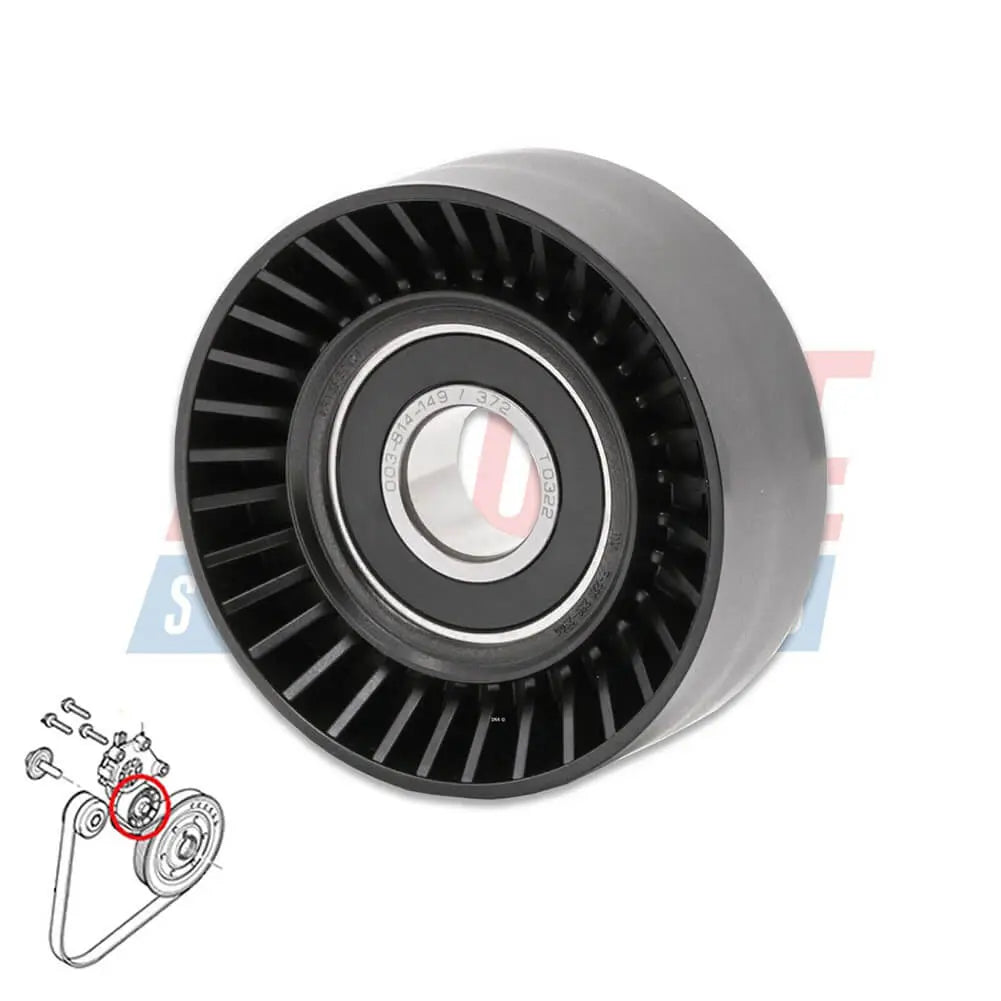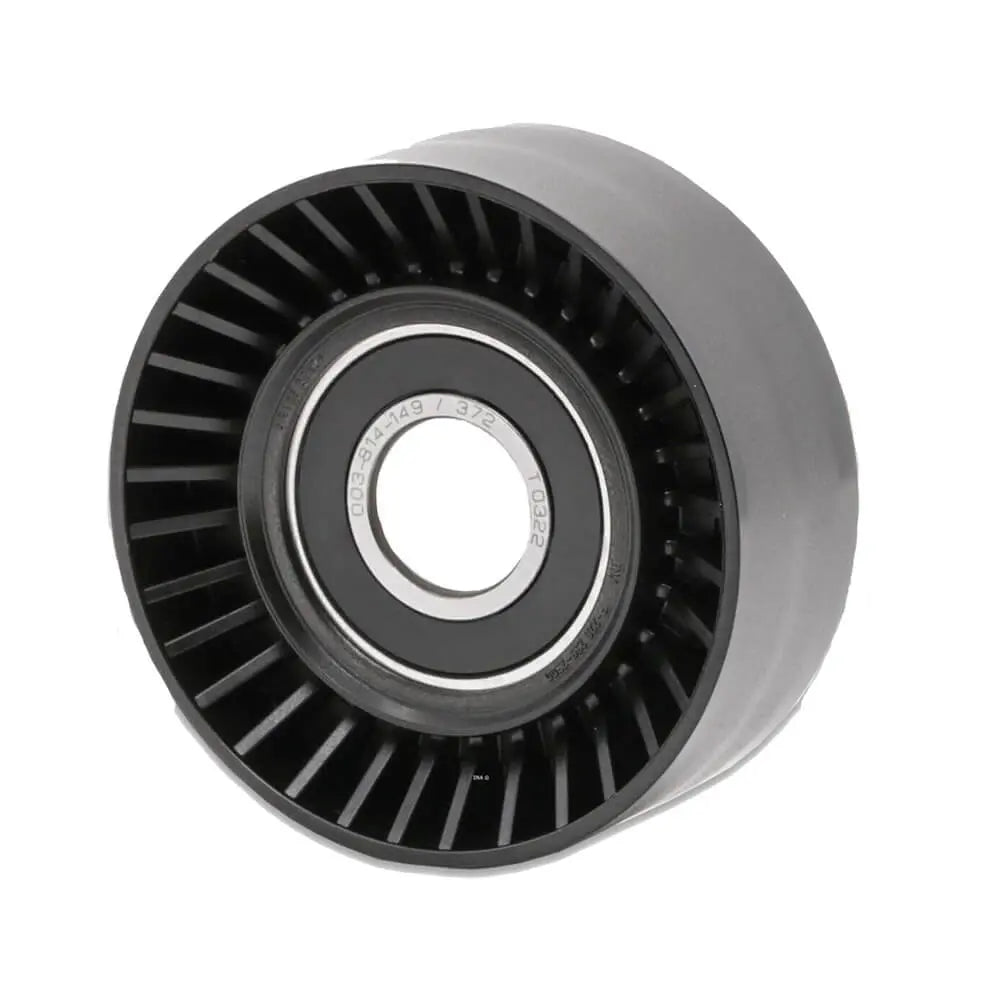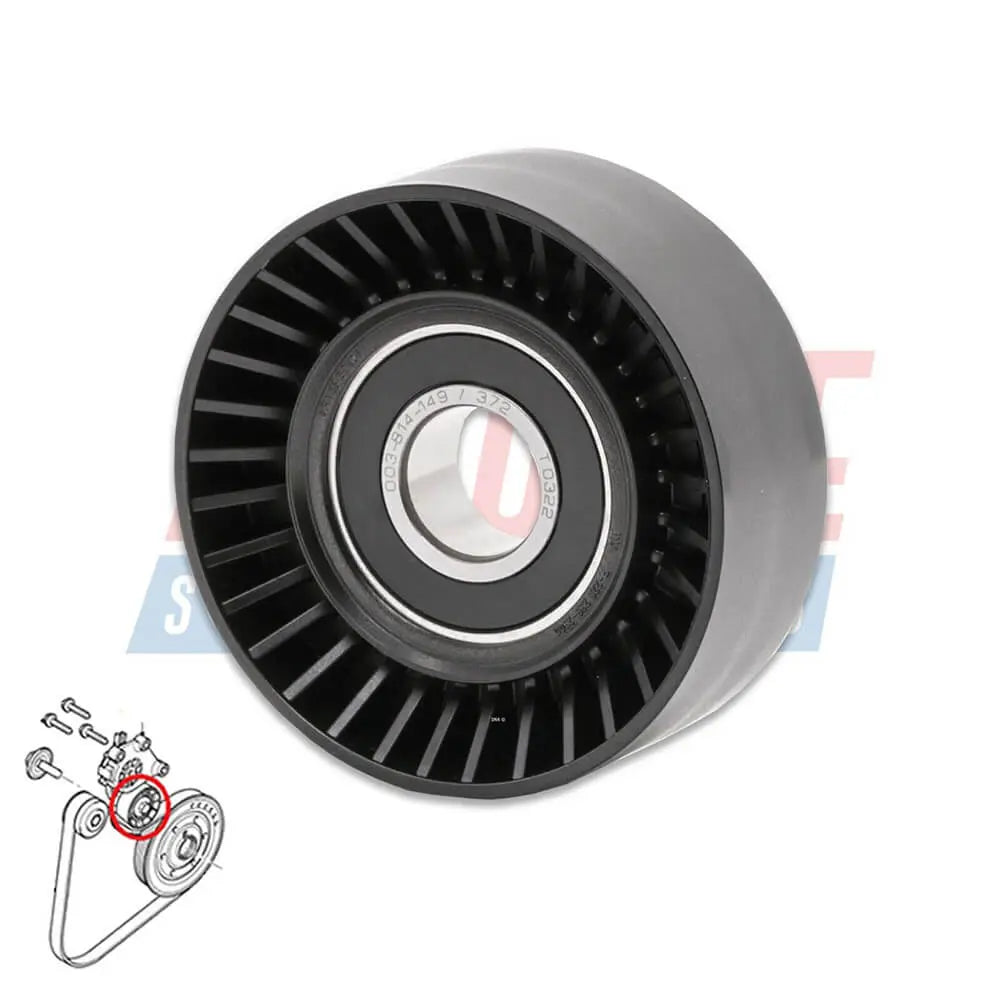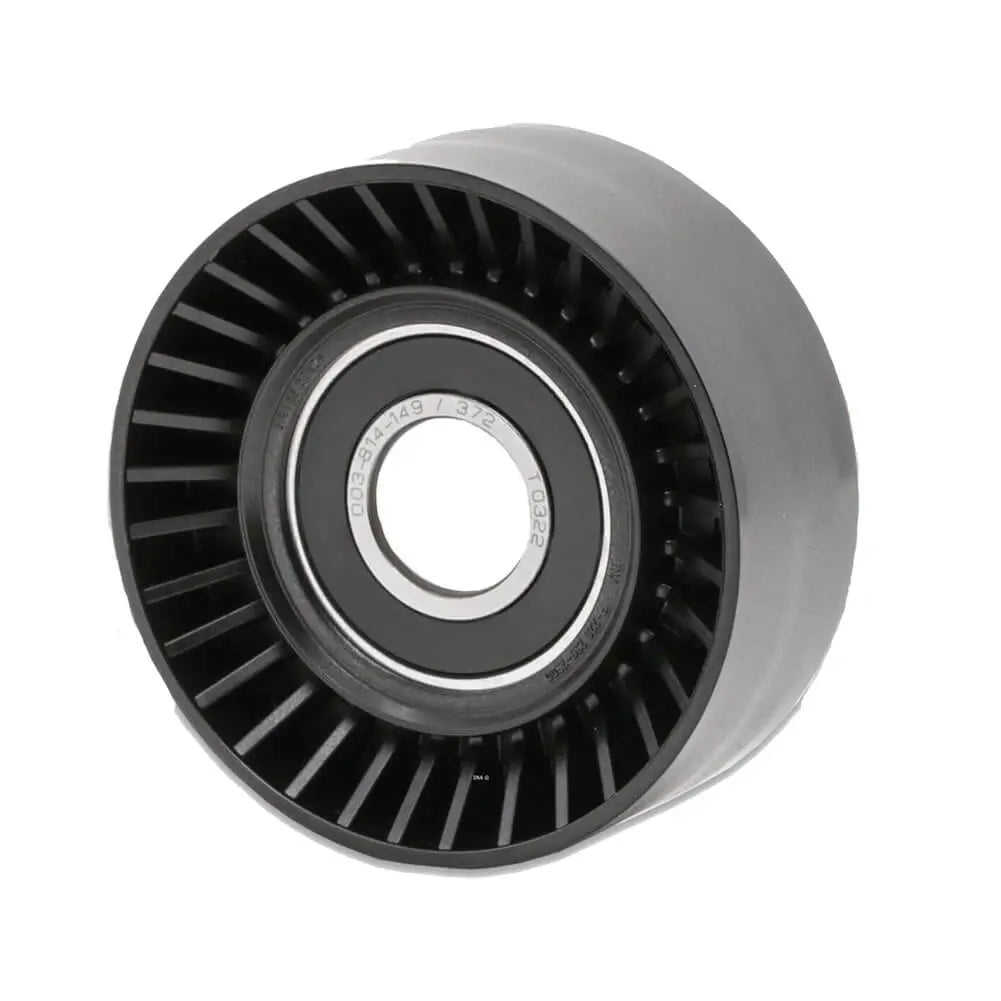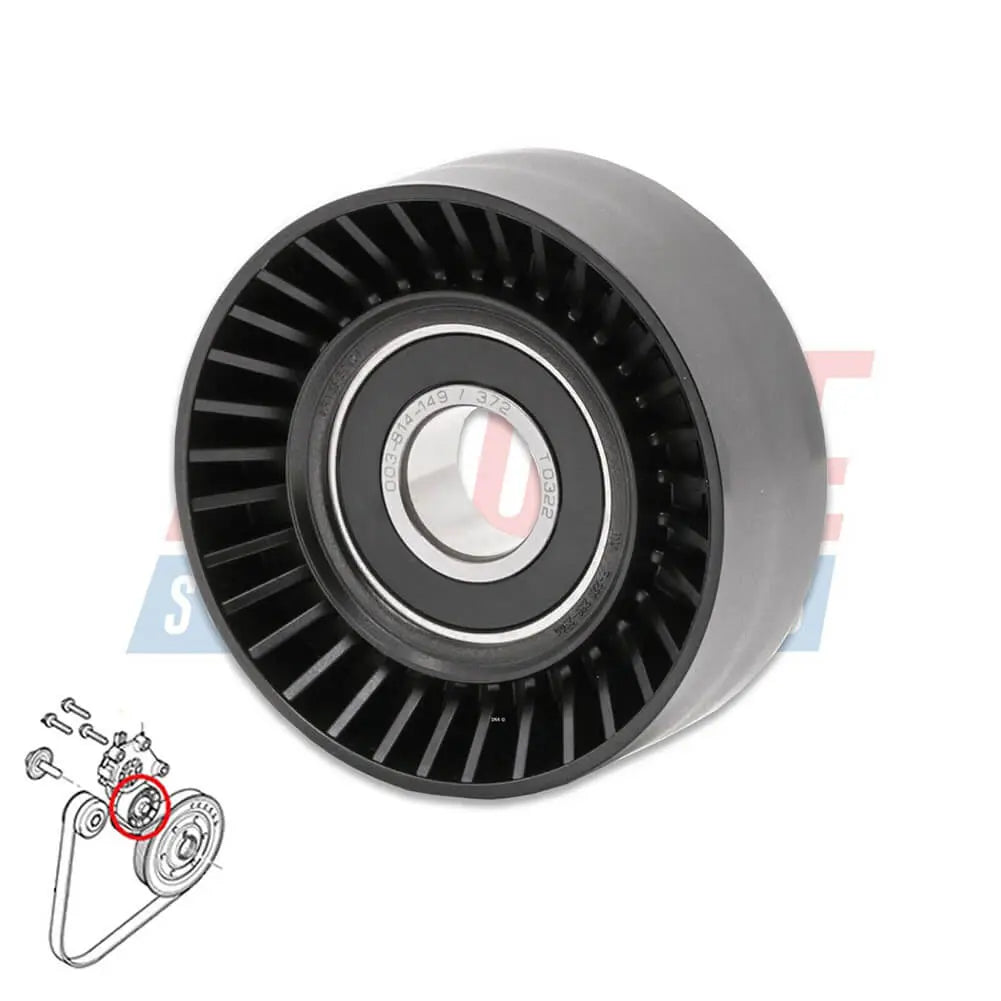Shop by Category
Tensioner Pulley
5 products
Showing 1 - 5 of 5 products
The Importance of Tensioner Pulleys in Automotive Engines
In the intricate machinery of an automobile engine, numerous components work together seamlessly to ensure optimal performance. One such vital component is the tensioner pulley. Although often overlooked, tensioner pulleys play a crucial role in maintaining proper belt tension, reducing vibrations, and extending the lifespan of various engine components. This article explores the significance of tensioner pulleys, their functionality, and the importance of regular maintenance.Understanding Tensioner Pulleys
Tensioner pulleys are typically found in engines that utilize serpentine belts or multiple V-belts. Their primary purpose is to ensure proper belt tension by applying a controlled amount of force to the belt. A tensioner pulley consists of a stationary base, a rotating pulley wheel, and a spring or hydraulic mechanism.Functionality and Benefits
1) Maintaining Belt Tension: The primary function of a tensioner pulley is to maintain the optimal tension of the belts in an engine. A properly tensioned belt ensures that power is transmitted efficiently from the crankshaft to various engine accessories such as the alternator, power steering pump, water pump, and air conditioning compressor. By preventing slippage or excessive slack in the belt, tensioner pulleys contribute to the smooth operation of these components.2) Reducing Vibrations and Noise: Tensioner pulleys help reduce vibrations and noise in the engine by keeping the belt stable. A loose or worn-out belt can generate unwanted vibrations, leading to noise and even potential damage to surrounding engine components. The tensioner pulley's design and function help dampen these vibrations and maintain a quiet and harmonious engine operation.
3) Preventing Premature Belt Wear: Proper belt tension provided by the tensioner pulley ensures even distribution of load and minimizes stress on the belt. This helps to prevent premature belt wear, cracks, or fraying, which can lead to belt failure and subsequent breakdowns. By maintaining the integrity of the belt, tensioner pulleys contribute to improved reliability and longevity of the engine.
Importance of Regular Maintenance
Regular maintenance of tensioner pulleys is essential to ensure their optimal functionality and prevent potential issues. Here are some key maintenance practices:1) Inspection: Regularly inspect the tensioner pulley for signs of wear, damage, or misalignment. Check for any noise, excessive movement, or belt misalignment that may indicate a faulty tensioner pulley.
2) Belt Tension Adjustment: If you notice a loose or slipping belt, it is crucial to adjust the tension promptly. This adjustment may involve tightening the tensioner pulley or replacing a worn-out pulley or belt.
3) Replacement: Tensioner pulleys have a finite lifespan and can wear out over time due to constant use and exposure to engine heat. It is advisable to follow the manufacturer's recommended replacement intervals for tensioner pulleys to avoid potential failures and costly repairs.
Tensioner pulleys play a significant role in maintaining proper belt tension, reducing vibrations, and ensuring the efficient operation of various engine components. By providing stability, reducing wear, and enhancing overall engine performance, tensioner pulleys contribute to the reliability and longevity of automotive engines. Regular inspection and maintenance of tensioner pulleys are crucial to prevent potential issues and ensure their optimal functionality. By giving due attention to this often-overlooked component, vehicle owners can enjoy a smoother and more reliable driving experience.
Showing 1 - 5 of 5 products
Display
View
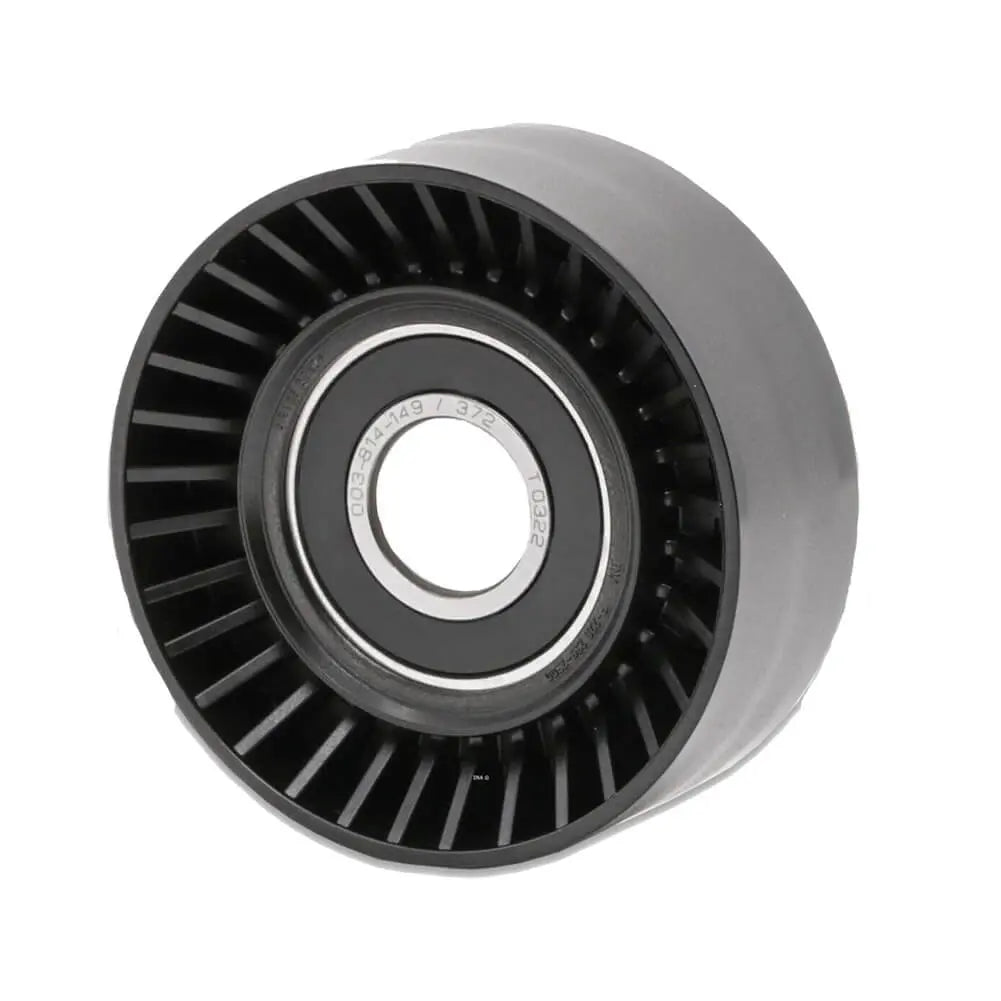
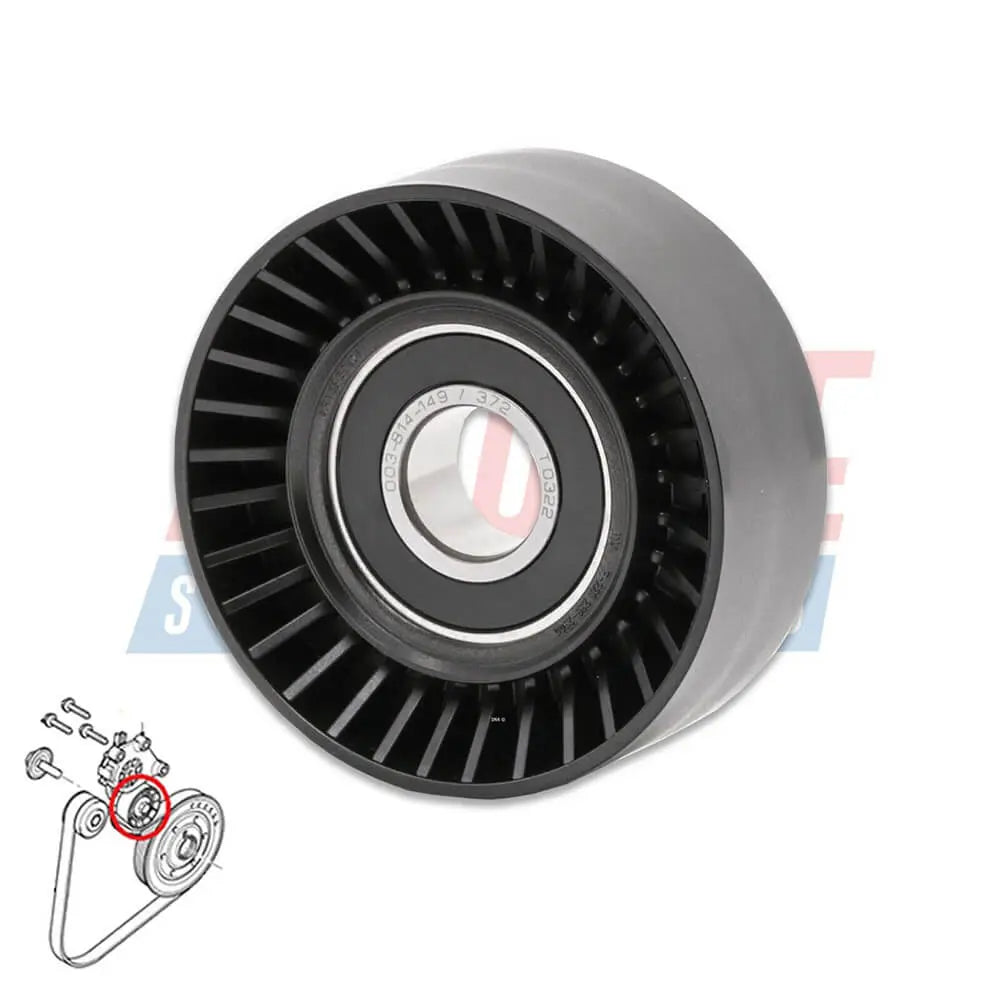
Ribbed Belt Tensioner Pulley For Volvo C30 S40 S80 V50 V70 - 31251129, 30731765, 575186
Sale price£8.90
No reviews
In stock
Filters (0)

